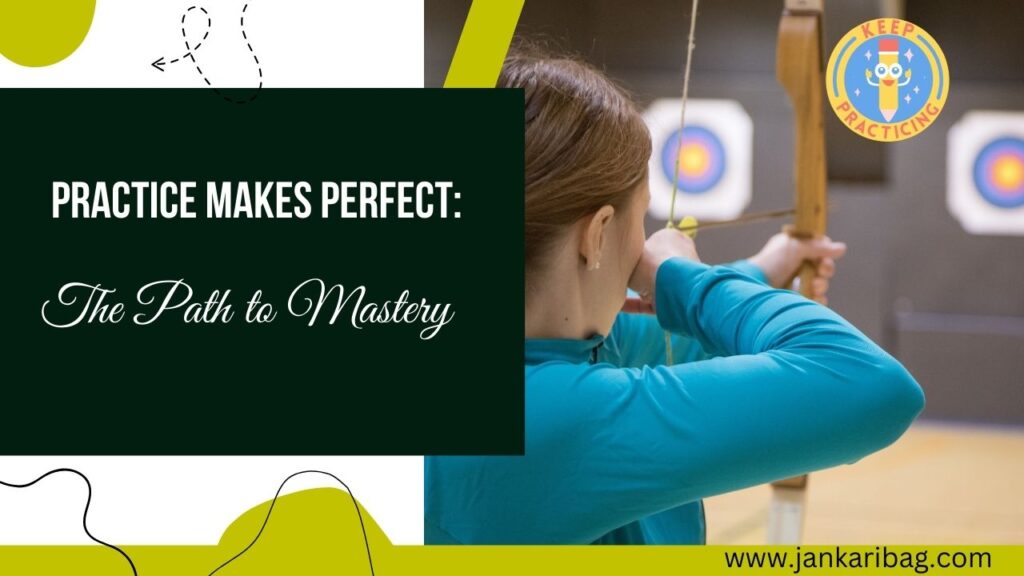“All our dreams can come true, if we have the courage to pursue them.” — Walt Disney
In the pursuit of excellence, there is an age-old adage that resonates deeply with everyone: “Practice makes perfect.” This simple yet profound statement encapsulates the essence of how we can achieve mastery in any skill or endeavor. Whether you’re learning a musical instrument, honing your athletic abilities, mastering a new language, or refining your professional skills, the principle remains universally true.
The Power of Consistent Effort
At its core, the concept of “practice makes perfect” emphasizes the importance of consistent effort over time. It recognizes that true mastery is not achieved overnight but is instead the result of persistent dedication and deliberate practice. This principle applies across diverse domains of human endeavor, from arts and sciences to sports and beyond.
Motivational short story
Deliberate Practice: Quality Over Quantity
However, it’s essential to note that not all practice yields the same results. Psychologist Anders Ericsson introduced the idea of “deliberate practice,” which stresses the importance of focused, purposeful practice aimed at improvement.
Deliberate practice involves breaking down complex skills into manageable components, identifying weaknesses, and working systematically to address them. This methodical approach ensures that each practice session contributes meaningfully to skill development.
Overcoming Challenges Through Practice
One of the key benefits of embracing the mantra of “practice makes perfect” is its capacity to help individuals navigate challenges and setbacks. Mastery is often accompanied by numerous failures and obstacles along the way.
These moments of difficulty provide valuable opportunities for learning and growth. Through persistent practice, individuals develop resilience and the ability to persevere in the face of adversity.
The Role of Feedback and Reflection
Another critical aspect of effective practice is the incorporation of feedback and reflection. Seeking feedback from mentors, coaches, peers, or even self-assessment allows individuals to gain valuable insights into their progress and areas for improvement. Reflection, on the other hand, enables practitioners to consolidate their learning, identify patterns, and adjust their practice strategies accordingly.
Examples of Success Through Practice
Numerous examples from history and contemporary life illustrate the power of dedicated practice in achieving greatness. From legendary musicians who spent countless hours perfecting their craft to athletes who tirelessly train to reach the pinnacle of their sport, the stories of perseverance and dedication are endless.
Applying the Principle in Everyday Life
While the concept of “practice makes perfect” is often associated with skill development in specialized domains, its relevance extends to everyday life as well. Whether it’s learning a new hobby, improving communication skills, or mastering time management, consistent effort and deliberate practice can lead to significant improvements.
Conclusion
In conclusion, the maxim “practice makes perfect” serves as a timeless reminder of the transformative power of persistence and dedication. It emphasizes that mastery is not an innate gift bestowed upon a chosen few but a journey that anyone can embark upon through disciplined practice.
By embracing this principle and committing to continuous improvement, individuals can unlock their full potential and achieve excellence in their chosen pursuits. So, whatever your aspirations may be, remember that the path to perfection begins with a single step—towards consistent, deliberate practice.







